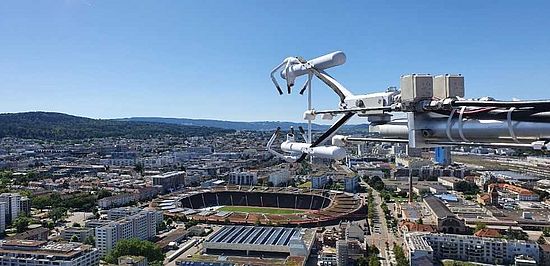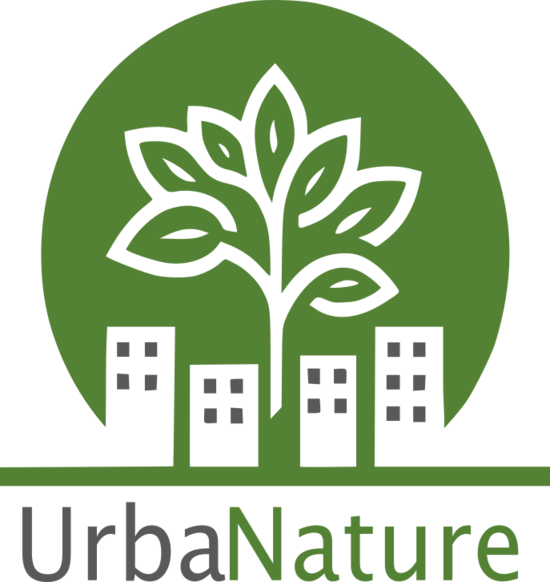UrbaNature

Urban landscapes create unique meteorological and climatological environments that are particularly vulnerable to weather extremes such as heat waves and storms, while contributing significantly to global greenhouse gas emissions. Urban vegetation that actively reduces heat stress and therefore reduces public health risk during heat waves can significantly reduce anthropogenic CO2 emissions and is therefore a critical component in climate change adaptation and mitigation strategies. However, the way in which urban vegetation adapts to and interacts with the built environment remains largely unexplored. The UrbaNature project aims to investigate how urban vegetation influences local carbon, energy and water cycles and addresses the urgent need to make cities sustainable, resilient and climate neutral.
This project brings together an interdisciplinary consortium combining different fields of expertise to study urban vegetation at multiple scales through innovative and advanced technologies and methodologies. The project integrates in-situ ecophysiological measurements, urban micrometeorological observations, advanced remote sensing techniques and multi-scale climate and ecophysiological modeling. Basel and Zurich serve as pilot cities for the development and application of the project methodologies.
This project is funded by MeteoSwiss.
Team members from the University of Basel
Other team members of the consortium
ETH(In situ observation):
EMPA (Urban climate modeling):
University of Zurich (Geospatial data and remote sensing):

Quick Links
Social Media
